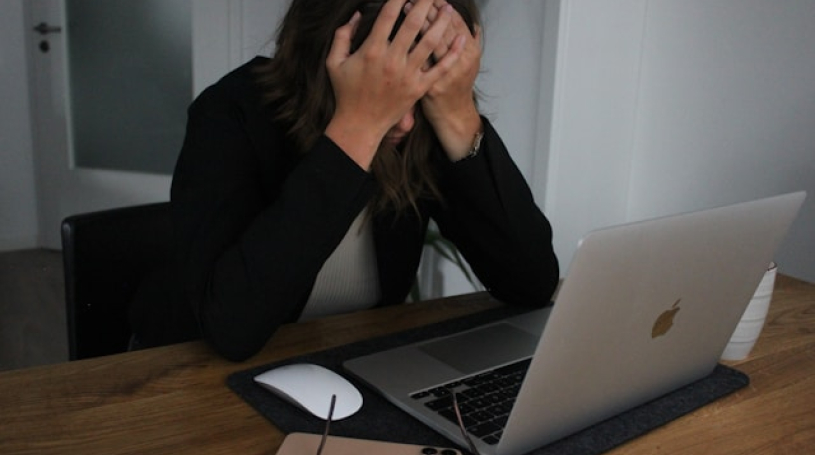Impact of Stress, Anxiety and Procrastination on Decision Making
by Geeta THAKERAR, co-Convenor of SCCA’s Wellbeing Chapter.
Good decision-making processes may often be impacted by stress and anxiety. This can significantly affect decisions being made both in complex and nuanced ways. The legal profession, in particular, face overwhelming complex tasks in a high-pressure environment, alongside demanding deadlines.
Lawyers often procrastinate due to either fear of failure, constantly striving for perfectionism, or deploying avoidance behaviour. Why is this often the case? It seems to be connected to tasks which are either intimidating or tedious. Often lawyers seek to postpone the job in hand.
The corelation of stress and its effect on learning, memory and decision making should not be underestimated. Stress can often translate to tunnel vision with focus being on the immediate, rather than the long-term consequences, or indeed more broader options.
Anxiety may also hinder critical thinking, memory, and information processing. This often can translate to rushed or less thoughtful decisions. Strong emotional reactions, typically tied to stress or anxiety, can lead to impulsive or emotionally driven choices, rather than logical ones. Being under stress may also impact approaches to risks and manifest in an exaggerated perception of risk.
A few things to consider:
- Delays in completing a task often leads to rushed work and increased stress. Fear or anger affects brain function leading often to working in a survival autopilot “flight or fight” mode.
- Other environmental factors also may play a role, such as office clutter where piles and paper hoarders create visual and mental distractions. Research shows mental distractions and interruptions may trigger procrastination. These distractions and interruptions, whether willingly or unwillingly, create the environment and opportunity to procrastinate. It is therefore important to clear the clutter and take control of setting boundaries around interruptions.
Periods of prolonged isolation can lead to depression, disengagement, dissatisfaction, boredom, negative thoughts and feelings. All of those emotions create fertile breeding ground for procrastination to take root. Proactively take a walk, connecting with nature. Do try reaching out to others as a matter of choice and not as a function of unwanted or unplanned interruption. Control the interruptions and create a routine to counteract procrastinating habits. Proactively use the “Pomodoro Technique”. This time-management strategy is designed to boost productivity and focus. It works by breaking tasks into short intervals called Pomodoro followed by short breaks.
- Poor nutrition, sleep deprivation, volatile blood sugar levels, and sluggishness should be regularly checked. Think about actively determining when you "zone out”. See if there is any correlation to either eating or sleep habits.
- Try and develop rituals and habits to “short circuit” procrastination before it sets in. By practicing mindfulness, improving emotional regulation, and creating structured decision-making strategies, these rituals may help to mitigate the negative effects of stress and anxiety.
If you want to engage further in conversations and sharing of learnings in this space, please do join the SCCA WellFest Wellbeing Chapter’s “Wellbeing Wednesday Series” on Wednesday 21st May 2025 at lunch time. We will be looking into the impact of stress, anxiety and procrastination on decision making.
If interested, please click here to register.


